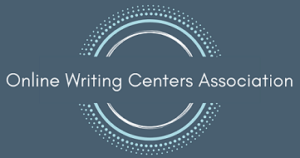On Podcasting, Program Development, and Intergenerational Thinking (2021)
I spent my first year of college as a music business major, a wannabe audio engineer. Thanks to two main factors, that major didn’t take. First, I learned audio engineering wasn’t just being present while cool music happened. Second, I took first year writing, which convinced me to become an English major (more on that in a bit). Despite the major switch, my audio experience proved an unexpected asset when I began pursuing a PhD in English at The University of Texas at Austin in 2011.
